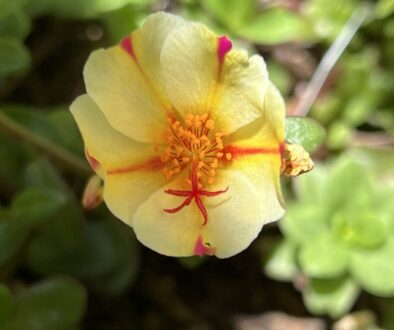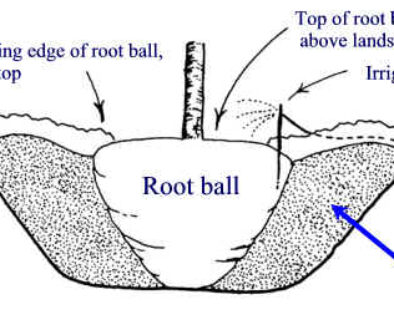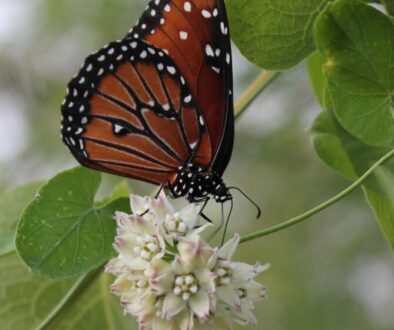Overseeding This Year Might be a Bad Idea
Overseeding season is right around the corner and we want to be sure to get you all of the information you need this year to make the right decision when it comes to overseeding your community landscape.
This year, things are a bit different when it comes to rye seed production and distribution. This is due to a variety of reasons including the record-breaking temperatures we have seen, the long drought experienced over the last two years, and the disruption in the supply chain that we are seeing in many industries due to Covid. Unfortunately, these factors together have caused a severe decline in overseed production for the fall of 2021- evidenced in various studies conducted in Oregon, the grass seed capital of the world.
What is Happening to the Rye Seed?
Most commercial landscape vendors receive their rye seed from Oregon distributors. In fact, according to the State Department of Agriculture, Oregon grows 91% of all ryegrass seed- earning its nickname of grass seed capital.
Unfortunately, distributors in Oregon have noted that this season’s perennial rye production has turned out to be one of the most challenging ever due to the extreme heat and drought the state is experiencing. According to the Capital Press, the period during which the seed starts coming out of dormancy to produce the ryegrass seed heads (March through June) saw the rainfall down 5.5 inches from normal. Due to the low precipitation occurring during this critical timeframe, the rye seed did not receive the water necessary and the rye seed yields dropped by 20-50 from the conditions. This is backed by records, provided by OSU, dating back to the 1970s that show 2021 to be the worst deficit since that timeframe.
Along with the drought, a punishing heatwave with temperatures reaching as high as 117 degrees is also putting the rye seed to the test- resulting in seed quality and quantity that it below optimal.
What Does This Mean for the State of Overseed in the Fall?
ELS wants to be as transparent as possible and stresses that the use of lower quality rye seed yield may not create the same results we have seen in recent years where the seed was of better yield. To put it frankly, the ryegrass seed yield from this year is extremely low and the quality is not up to par with what we have seen in the past. In fact, Denver Pugh of Pugh Seed Farm in Oregon noted, ” When you really start looking at seed heads, it’s going to be an awful light seed, if anything at all.”
Due to the state of the seed at this time, the several years of high temperatures lasting late into the fall (and causing high water consumption for plants), and of course the lack of rainfall, we are recommending to skip overseeding this season. It is a good idea to skip overseeding every couple of years anyway to decrease competition long-term competition between the Winter Rye and Summer Bermuda. With the rye seed production being low already if there was ever a year to skip the overseed process this would be the year!
What are the Benefits of Skipping Overseed This Year?
In addition to the benefits your landscape receives from an overseeding break this year, your community will also save money. This money can be used in other parts of the landscape such as enhancements or upgrades that may have been put off in previous years. We recommend giving our team a call or speaking with your area manager to discuss!
One enhancement option for utilizing saved money from overseeding would be to apply some amendments and pre-emergent this fall, these will help next year’s summer grass come in strong. Why use pre-emergent if you are not seeding? Every year that your turf gets overseeded you are missing opportunities to treat the turf for winter weeds! Poa Annua is one of these winter weeds that come in about the same time as the ryegrass. If you treat to kill this weed while you are overseeding, you would essentially also be killing the ryegrass. All in all, if you are not overseeding this year is the perfect opportunity to treat weeds, put some soil conditioner down, and make a smoother summer transition for next year.
Please feel free to contact the ELS Maintenance team with any questions or for additional information in making your decision to overseed or not. We are happy to provide you with everything you need to make the best decision for your community landscape.




